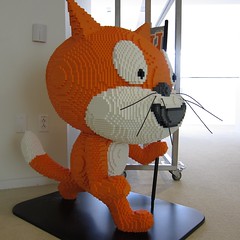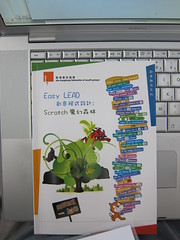 This is a picture of the the Event Space, the main presentation space. Besides the obviously very high ceiling, the room is laid out diagonally. It works. A simple idea. Brilliantly executed. The building really is designed (by Fumihiko Maki) with function in mind.
Loneliness is failed Solitude
This is a picture of the the Event Space, the main presentation space. Besides the obviously very high ceiling, the room is laid out diagonally. It works. A simple idea. Brilliantly executed. The building really is designed (by Fumihiko Maki) with function in mind.
Loneliness is failed Solitude
I find the most value at the conference not at the workshops and how-to sessions, but the more general education related sessions. Day 2 KeyNote by Sherry Turkle, Henry Jenkins and Marina Bers was great. Turkle presented her latest thought on the importance of Solitude. This frankly scares me. She has pointed out with our new constantly connected, constantly fed (with information) environment, would teens (and adults) know now to be alone? Not knowing the value of solitude, when one creates, and engage in deep self development, teens will be increasingly dependent on shallow casual interactions. Their phones become the center of their lives. They move from "I have a feeling; id' like to make a call" to "I want to have a feeling; I need to make a call."
Turkle ends with an encouraging note -- Do not use the word "Addiction" when talking about this connected world. Addiction implies that we want to get rid of the cause. We will not and cannot get rid of the Internet. While many people falls into the fallacy that we are stuck with the current state, the Internet is actually very young. We can learn to live with it.
Referencing Thoreau, she encourages us to not live thickly - "Just because we have the net we do not have to live thickly".
Side Note: A funny moment at the start of her presentation, when Turkle says "you know when I say phone, I don't mean phone". Of course, she meant the smart phone/device that is used for texting, running apps connecting to facebooks, and seldom for realtime phone conversation.
2.0 is a Business Model, not a Pedagogy
Jenkins pointed out that the participatory culture is not new. Facebook is not the first social network. While Jenkin's studies often reference the fan fiction culture, there are many more examples. A "good" participatory community is not a pure consuming community. The "hanging around" group consume content, but also communicate with each other. The "Messing about" group contributes with self-expression and self-actualization. The "Geeking out" group tinkers and create for the community. A participatory community allows experts and beginners share a common interest and help each other.
"Not every member must contribute, but all must believe they are free to contribute when ready, and that what they contribute will be appropriately valued."
BYOB for No Ceiling Computer Science Education
Brian Harvey gave a short presentation on Day 2, and a long one on Day 3 on BYOB, the CMU developed variation of Scratch that has list of lists and "procedures" which turn Scratch into almost visual Scheme. Given these new first order data object, one can program much more advance concepts using BYOB.
Technically BYOB is brilliant and I can't wait to use it. Politically they are working hard with the core Scratch team to find a way to incorporate BYOB into Scratch. Harvey is extremely sensitive to no wanting to split the Scratch community into the beginners and the advanced users. I hope they find a way to do this as BYOB clearly is a good thing.
Useful Software Finds
By talking with different people in different disciplines, often from different parts of the world, I found a few new software and web projects that are of interest:
- Animationish -- flipbook type of desktop app
- mind42 - a free online mind mapping tool
- prezi -- a web based and desktop presentation software with a twist

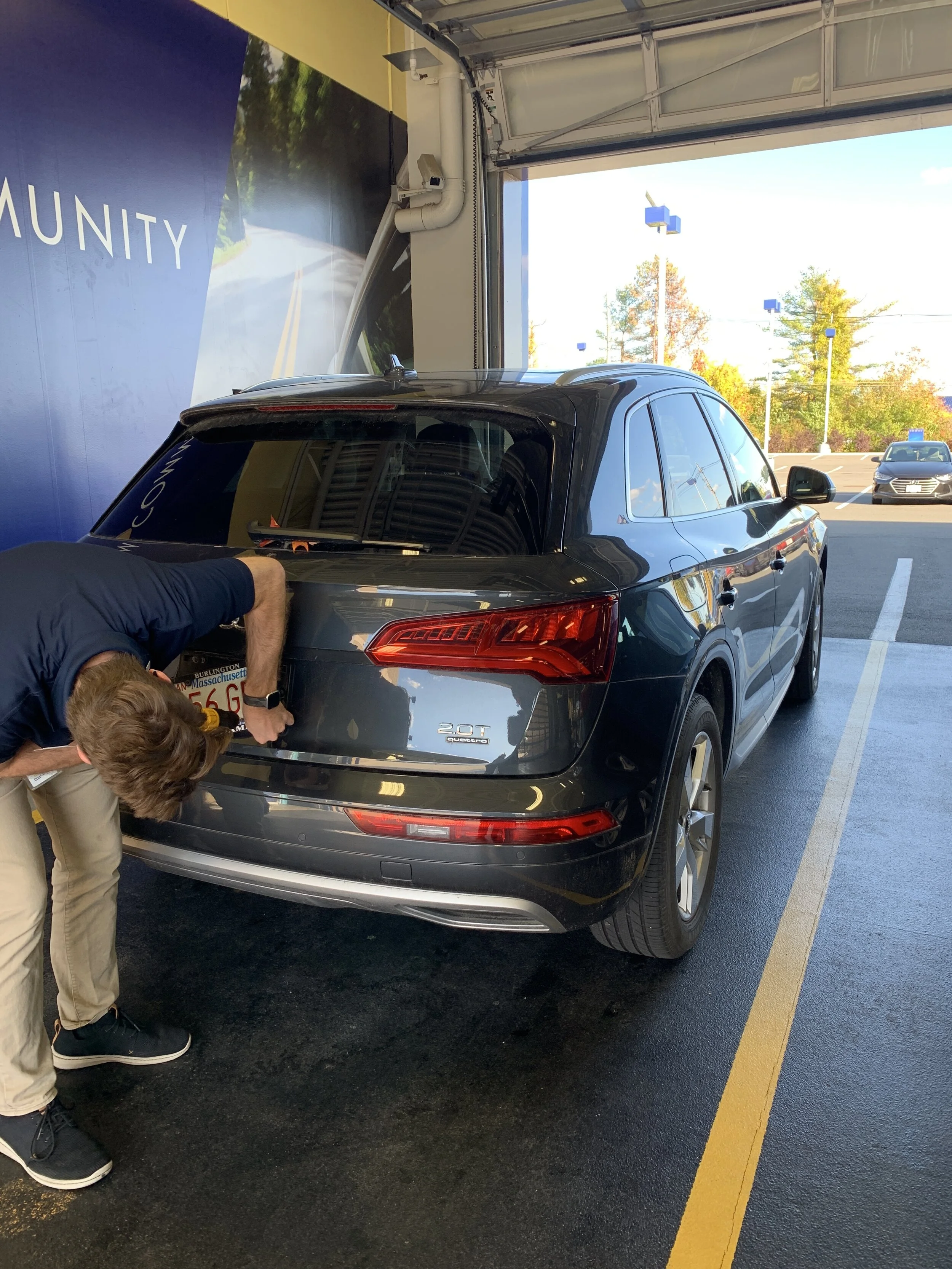


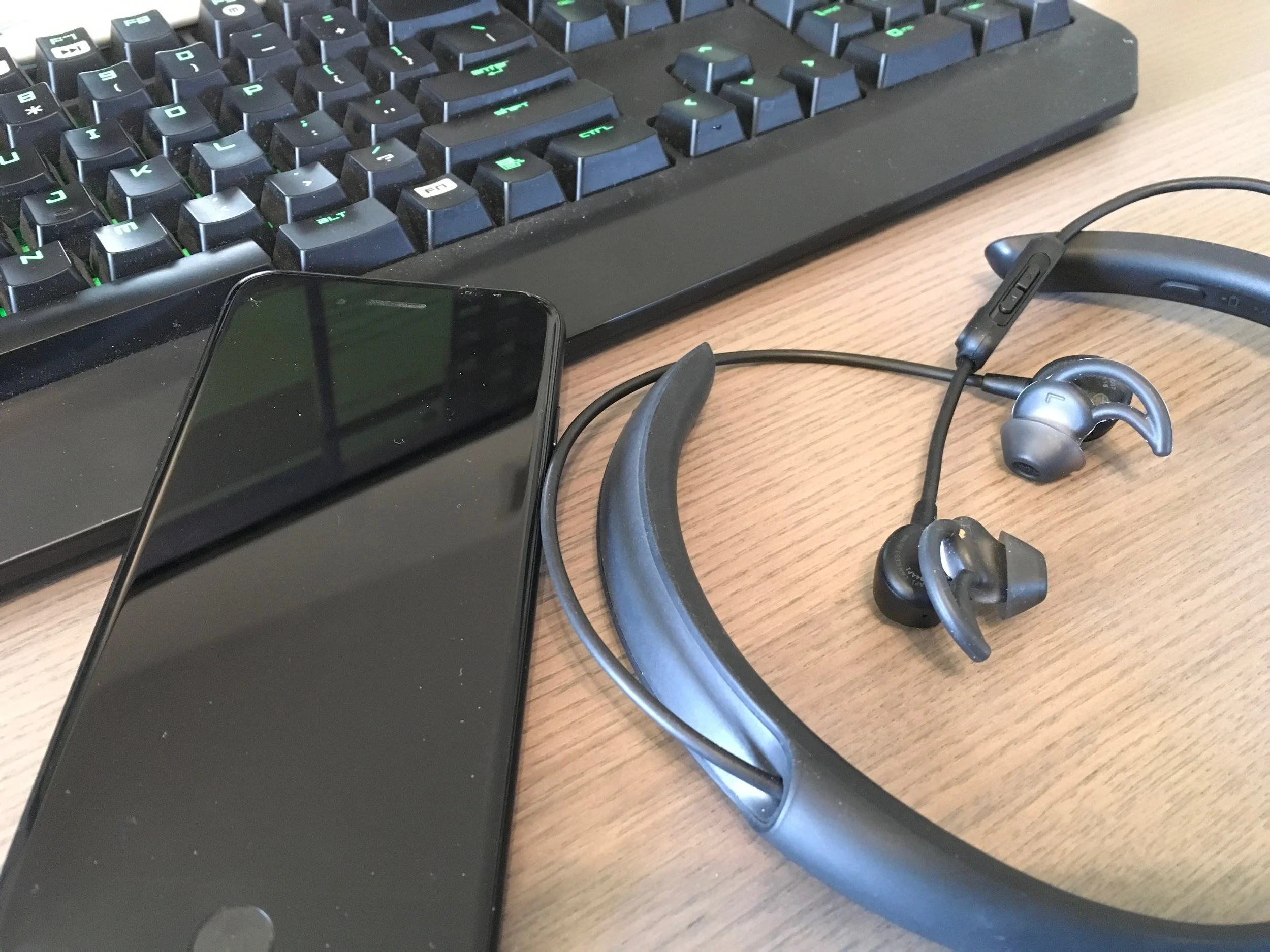
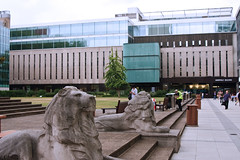 I know -- college rankings only make sense when you are in the top ten for something positive. Ask
I know -- college rankings only make sense when you are in the top ten for something positive. Ask 
